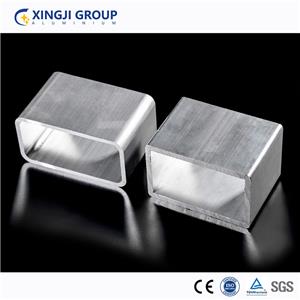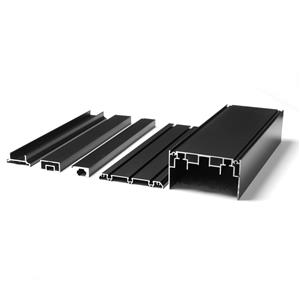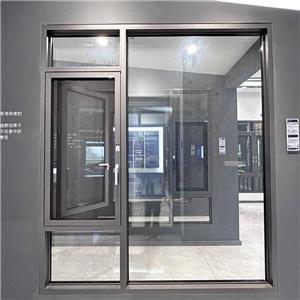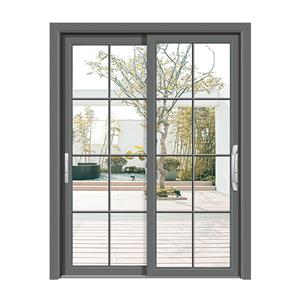Is an aluminum door better than a fiberglass door?
When choosing between aluminum and fiberglass doors, it's essential to consider factors like durability, appearance, and overall performance. Both materials offer their own unique strengths, but how do they stack up against each other? In this article, we'll explore the key differences between aluminum doors and fiberglass doors to help you determine which one is the better choice for your home or business.
1. Durability and Longevity
Durability is one of the most critical factors when selecting a door, especially for exterior use. Aluminium alloy doors are renowned for their strength and longevity. They are highly resistant to rust and corrosion, making them ideal for exterior applications where weather conditions vary. Moreover, aluminium door frames contribute to the overall sturdiness of the door, preventing warping or bending even after years of exposure to the elements.
Fiberglass doors, especially solid fiberglass exterior doors, are also highly durable. They resist moisture and are impervious to rot and insects, making them a great option for areas with high humidity or exposure to the elements. Custom made fiberglass doors can be reinforced to enhance their durability, but they generally do not match the structural strength of aluminum. While modern fiberglass front doors may offer impressive longevity, aluminum doors tend to have the upper hand when it comes to long-term strength in high-traffic or commercial settings.
In terms of lifespan, both aluminium alloy doors and solid fiberglass exterior doors can last many years with proper maintenance. However, aluminum's natural resistance to corrosion and physical damage means that it may last longer, especially in harsher environments. Fiberglass doors, while durable, may require periodic refinishing or painting to maintain their appearance, whereas aluminum doors retain their look with minimal upkeep.
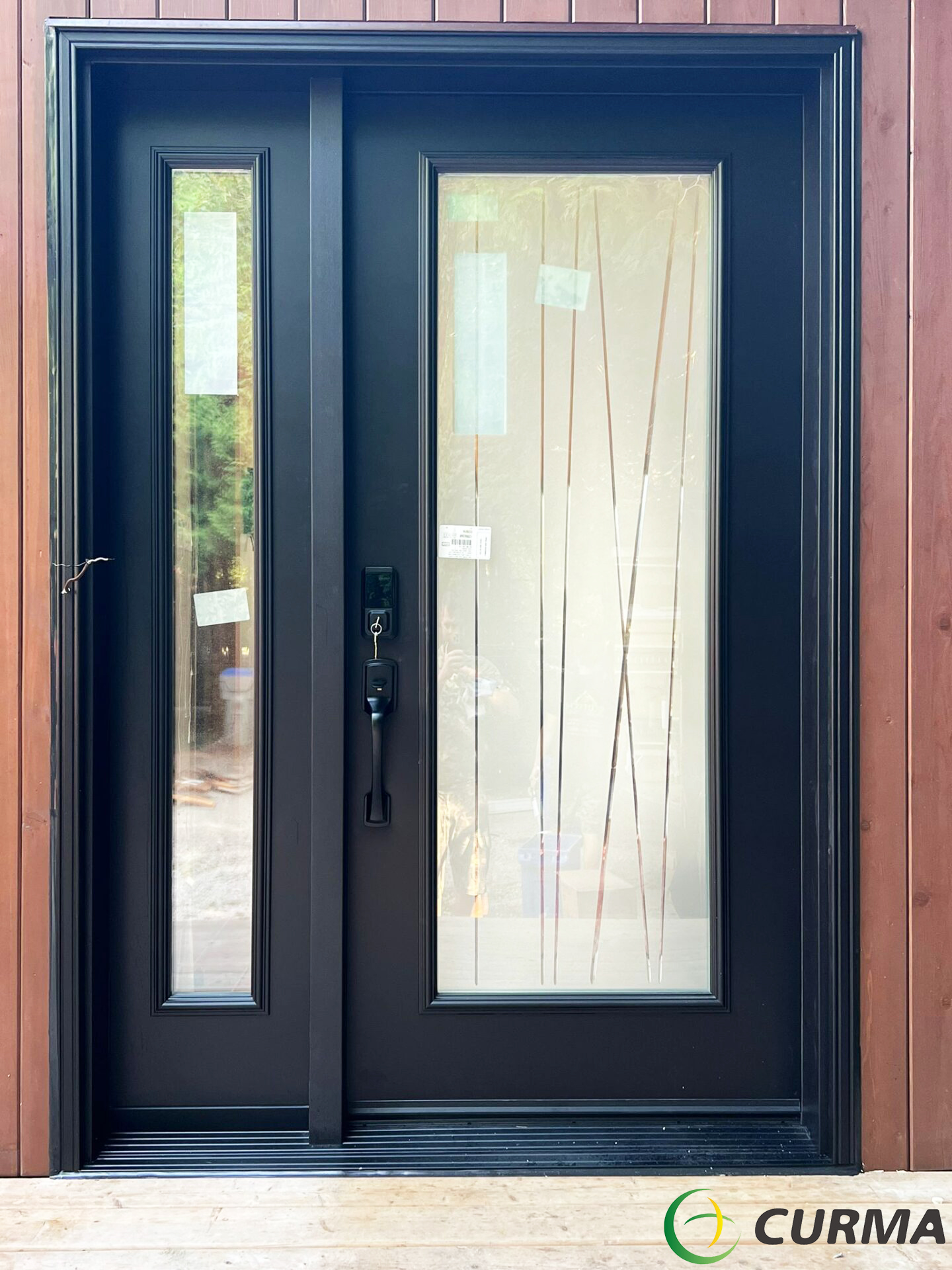
2. Aesthetic Versatility and Design Options
When it comes to design flexibility, aluminium doors offer a wide range of possibilities. They are often preferred in modern architectural designs due to their sleek, minimalist look. Whether used in commercial buildings or residential properties, aluminium alloy doors can be customized in various finishes, colors, and textures to match the desired aesthetic. Aluminium door frames are typically slim, allowing for larger glass panels, which is especially beneficial for those looking to create open, light-filled spaces.
Fiberglass doors also provide versatility in design, especially when homeowners are looking to mimic the appearance of wood or other natural materials. Modern fiberglass front doors can be customized with various finishes, making them suitable for both traditional and contemporary homes. However, custom made fiberglass doors often come with thicker frames compared to aluminum doors, which can limit design flexibility in certain cases. For instance, when creating a seamless indoor-outdoor flow with large glass panels, aluminium alloy doors are typically the superior option due to their sleek profiles and strength.
Additionally, aluminium doors are known for their ability to incorporate more significant glass areas while maintaining structural integrity. This is ideal for patio doors, sliding doors, or entryways that require both aesthetic appeal and durability. While fiberglass doors can also accommodate glass panels, aluminium door frames offer a more refined, modern look with their slim profiles, making them a favorite in contemporary design.
3. Cost and Energy Efficiency
When comparing the cost of aluminium doors to solid fiberglass exterior doors, there are several factors to consider. Aluminium doors are often priced higher upfront due to their durability and sleek design, especially when opting for custom finishes or glass panel options. However, the long-term savings associated with aluminum, such as reduced maintenance costs and increased longevity, can often outweigh the initial investment.
On the other hand, solid fiberglass exterior doors and modern fiberglass front doors are generally more affordable upfront. They offer excellent energy efficiency, particularly in insulating against extreme temperatures. However, aluminium alloy doors can also be designed with thermal breaks or insulation, which significantly enhances their energy efficiency. This feature reduces heat transfer and helps regulate indoor temperatures, making aluminium doors competitive with fiberglass doors in terms of energy savings.
For homeowners or businesses prioritizing energy efficiency, both aluminum and fiberglass doors can provide excellent performance. However, the choice often comes down to personal preference and design requirements. Custom made fiberglass doors may offer better insulation in some cases, but aluminium doors with proper thermal technology can provide equally effective energy solutions while offering a sleeker appearance.
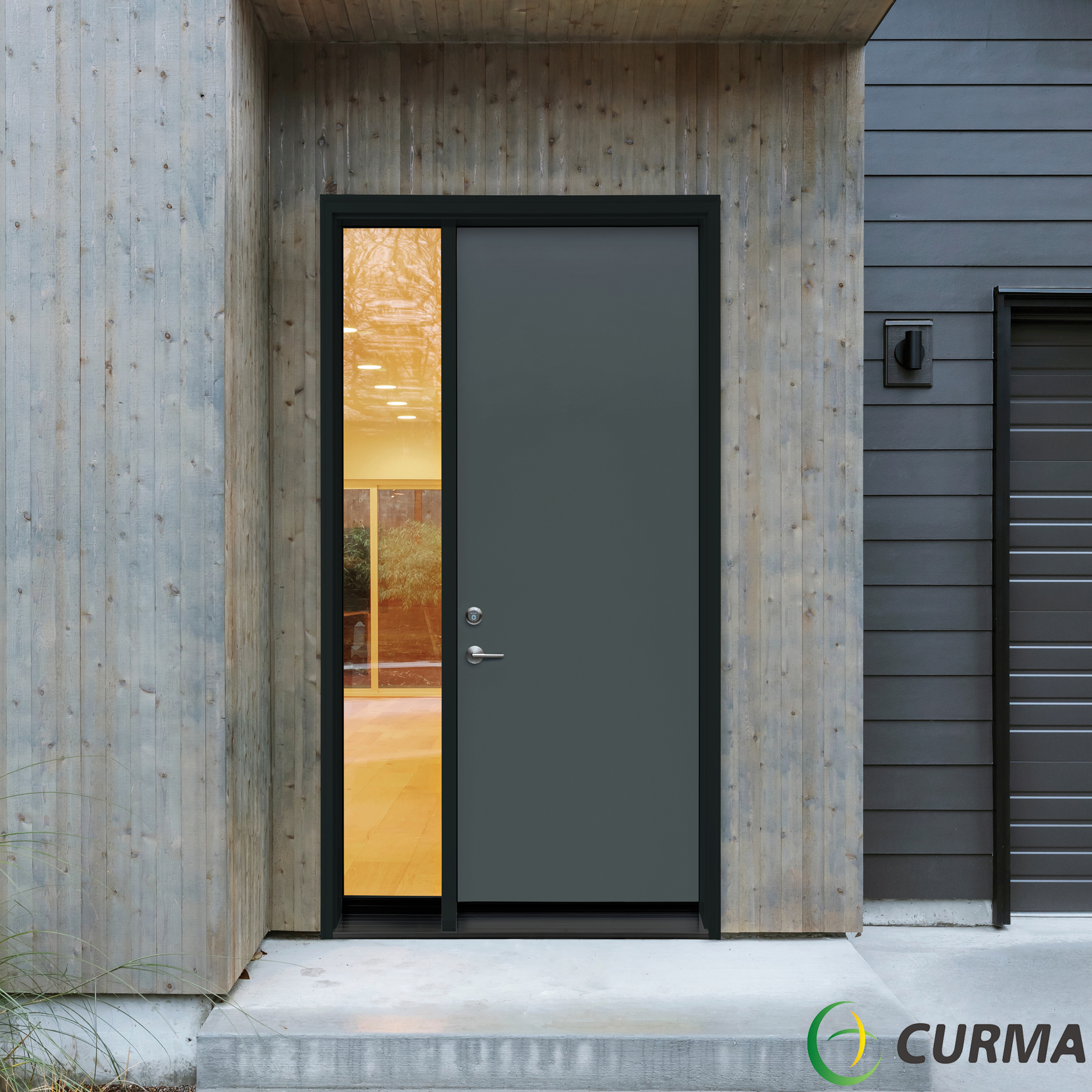
Conclusion: Aluminum Doors Lead in Overall Performance
In conclusion, while both aluminum and fiberglass doors offer significant benefits, aluminium alloy doors tend to outperform fiberglass in several key areas. Aluminum's superior durability, sleek design, and ability to accommodate large glass panels make it an ideal choice for modern and contemporary settings. Additionally, the long-term durability and low maintenance of aluminium door frames provide excellent value, particularly in commercial or high-traffic environments.
Fiberglass doors, including solid fiberglass exterior doors and custom made fiberglass doors, are an excellent choice for traditional aesthetics or for areas with high moisture exposure. However, when it comes to overall strength, aesthetic versatility, and long-term performance, aluminium doors are often the better investment. Whether you're looking for a sleek modern entrance or a durable patio solution, aluminium alloy doors offer a balance of style, strength, and energy efficiency that is hard to beat.

